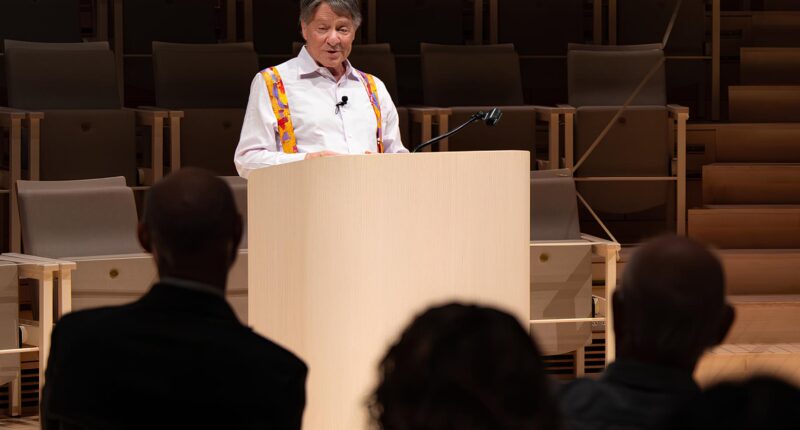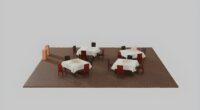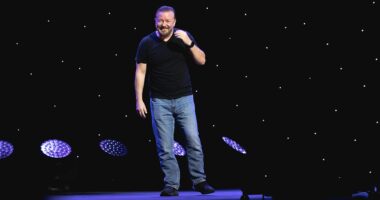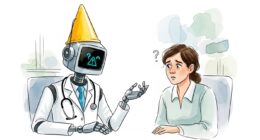Futurist and inventor Ray Kurzweil forecast that medical advances will enable humans to gain more than a year of life expectancy for every year lived by 2032, delivering his signature optimistic predictions while accepting MIT’s Robert A. Muh Alumni Award.
Kurzweil, who graduated from MIT in 1970, presented a lecture titled “Reinventing Intelligence” on Wednesday at the Thomas Tull Concert Hall, emphasising his confidence in accelerating technological progress and artificial intelligence’s transformative potential, reports MIT News.
The technologist outlined his concept of longevity escape velocity, stating: “By roughly 2032 when you live through a year, you’ll get back an entire year from scientific progress, and beyond that point you’ll get back more than a year for every year you live, so you’ll be going back into time as far as your health is concerned.” He noted these advances would initially benefit those most diligent about their health.
Kurzweil, recently named chief AI officer of robotics firm Beyond Imagination, emphasised that most people underestimate the pace of technological development and fail to appreciate how rapidly progress is accelerating. He forecast incredible breakthroughs over the next two decades.
The inventor also reiterated his long-standing prediction that humans and artificial intelligence will merge. He described molecular-sized robots entering brains noninvasively through capillaries in the 2030s, connecting human cognition directly to cloud computing. By 2045, he predicted human intelligence would expand a millionfold once fully merged with AI, a transformation he calls the singularity.
On healthcare specifically, Kurzweil forecast that AI will drive major near-term transformations in health and medicine, with human medical trials replaced by simulated digital trials.
The Muh Award, founded and endowed by Robert A. Muh and his wife Berit, represents one of the leading alumni honours granted by MIT’s School of Humanities, Arts, and Social Sciences. The award is granted every two years for extraordinary contributions by alumni in the humanities, arts and social sciences.
Agustín Rayo, dean of the school, introduced Kurzweil as “one of the most prolific thinkers of our time,” noting he has built his life and career on the belief that ideas change the world for the better.
Kurzweil acknowledged technology’s dual nature, stating threats from AI are real and must be taken seriously, whilst maintaining optimism about humanity’s ability to control these risks whilst realising the promise of new technologies.
The inventor has a long association with MIT extending beyond his undergraduate studies in computer science and literature. He served as a member of the MIT Corporation from 2005 to 2012 and received the $500,000 Lemelson-MIT Prize in 2001 for his development of reading technology.











